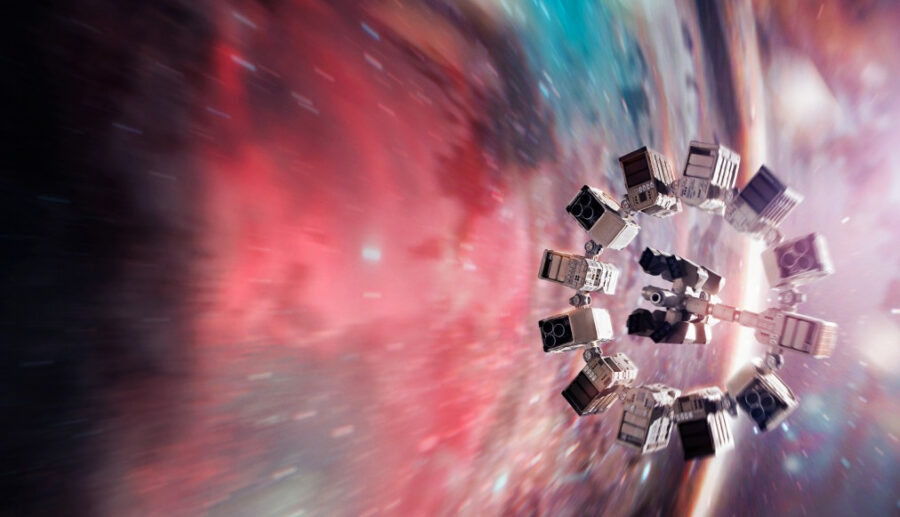Space Travel Makes You Rapidly Age, But Now There’s A Solution
Space travel causes more SUMO proteins to be produced, rapidly aging humans that spend significant time in zero-gravity.

Scientists have been trying to solve issues surrounding the negative bodily impacts of space travel in various ways. Some have turned to experiments involving hypersleep which seems to counter the impact of microgravity, while others have looked at wormhole travel to mitigate the amount of time spent in space altogether. According to an article from Inverse, scientists out of Oklahoma State University are looking at our own cellular processes for a solution to cure the rapid aging effects of space travel.
Two individuals working on unlocking the secrets behind combatting aging due to the effects of space travel are Dr. Rita Miller and Ph.D. candidate Jeremy Sabo, both in the field of biochemistry and molecular biology at Oklahoma State University. They are hoping that their research will “allow us to translate what we learned from keeping people alive in space back to Earth to how we can better circumvent the ailments that come with aging.”
The pair’s groundbreaking research with SUMO (Small Ubiquitin-like Modifier) proteins has led them to suspect that the proteins play a major role in how cells might respond to microgravity’s effects during space travel. SUMO proteins are involved in the process of SUMOylation, which is when cells bind with SUMO proteins. In a recent experiment with yeast cells, they found that SUMOlaytion in microgravity led to a significant increase in the amount of SUMO protein found in those cells compared to cells in normal gravity, although they were unsure of the impacts of these heightened levels of proteins.

Sabo notes that in terms of space travel, there’s a difference in biomarkers that have and haven’t been SUMOylated when exposed to microgravity but admits, “But we don’t know what it’s doing.” The cells are known for responding to bodily stress and being involved in cellular processes like DNA damage repair, structuring cells, cytoskeleton regulation, cellular division and protein turnover, and even repairing damage from radiation. Although scientists are unsure if this process has a positive or negative impact, understanding it could allow scientists to make strides in learning how to combat aging due to microgravity exposure.
Although scientists are still unsure why, it’s apparent that microgravity causes decreased muscle and bone mass and heightened signs of aging in astronauts who spend prolonged time in space. The Matthew McConaughey-led Interstellar showed astronauts impacted by space travel due to proximity to a black hole. These studies could help astronauts travel in space for longer periods of time without dangerous levels of bodily deterioration, as seen in the Tom Hanks-led Space drama Appolo 13.
Even outside of space travel, SUMO is already something that those in the research fields of cancer, Alzheimer’s disease, and other diseases related to bodily deterioration are highly interested in. With more research and a stronger understanding of its function, it could mean breakthroughs for how we treat these diseases. Since SUMO is involved in the aging process in microgravity situations, then a stronger understanding of its role within that process might help us understand the aging process within regular gravity situations and could be the key to unlocking more knowledge about anti-aging methods both during space travel and back at home on Earth.












